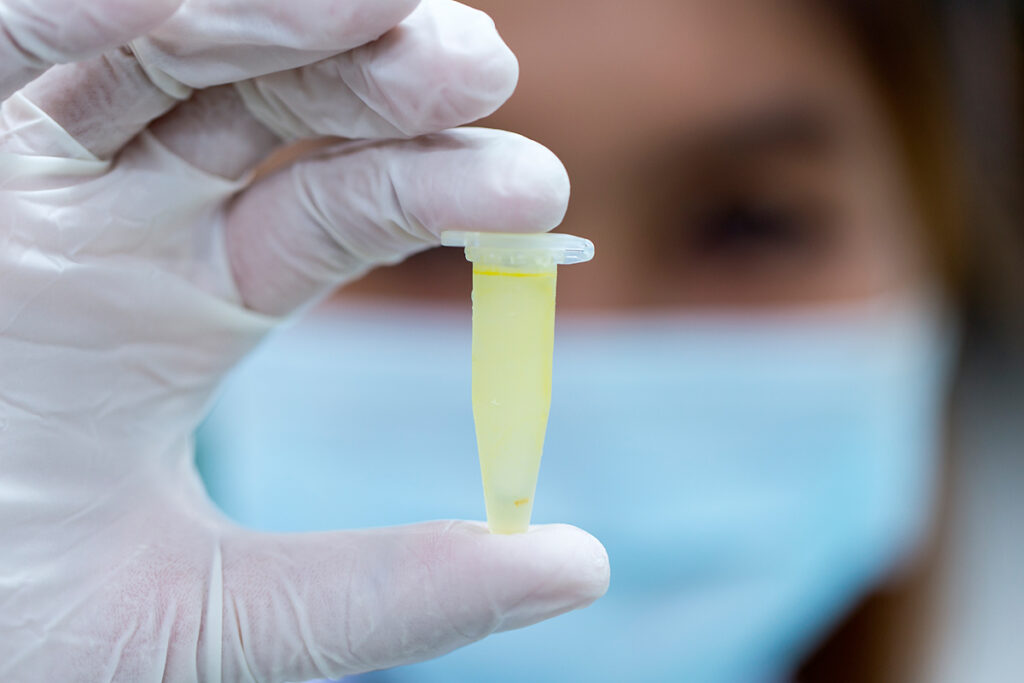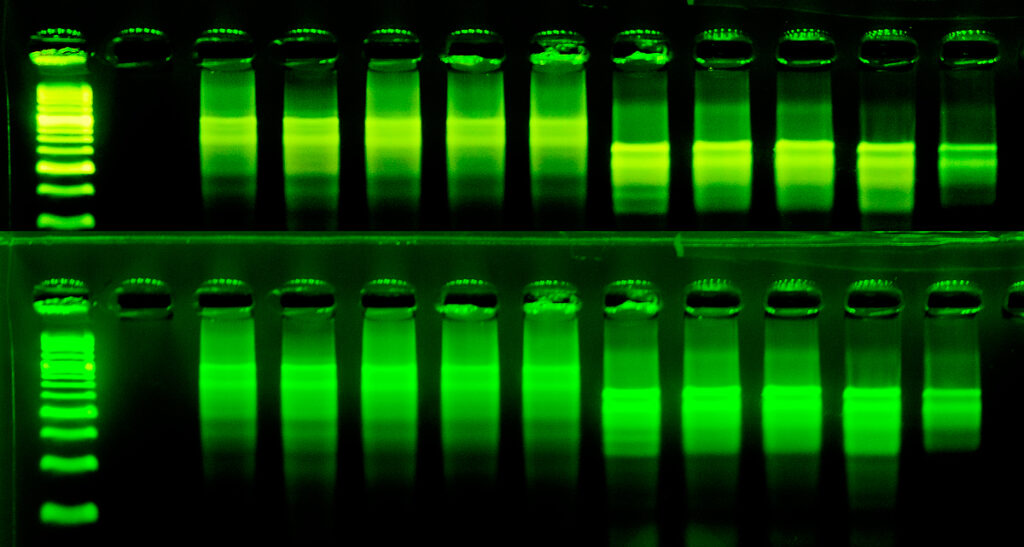At the beginning of the COVID-19 pandemic, doctors determined that one of the disease symptoms was a sudden loss of smell. In some cases, this was the only symptom. People did not even have nasal congestion, which can be attributed to the lack of a sense of smell.
How dangerous is the loss of smell after COVID-19
Most people do not realize the importance of the sense of smell for survival until they lose it. Loss of sense of smell makes people vulnerable to several hazards.
American scientists from Virginia Commonwealth University conducted a study in which 704 people participated. Scientists evaluated the risk of a dangerous event in people with olfactory defects. As a result, it was found that the frequency of occurrence of any dangerous event increased with the degree of violation:
- 18% – in people with a usual sense of smell;
- 22% – in people with a weak sense of smell;
- 39% – in people with a lack of sense of smell.
The researchers found that 20% of people with olfactory defects had cases of burning dishes or food during cooking.
In 14% of cases, olfactory deficiency led to food poisoning. Olfactory function plays a crucial role in assessing the taste of food. People with a defective sense of smell are less likely to recognize spoiled foods and toxic substances.
In 5% of cases, people with a defective sense of smell did not feel smoke from a fire or a gas leak.
Scientists also noted that the loss of smell reduces the quality of life. Olfactory dysfunction is associated with depression, but the biological mechanism of this relationship remains unclear.
Procedures to restore olfactory function
Doctors in the UK are experimentally investigating the use of steroids in cases where the loss of smell is associated with inflammation of the olfactory epithelium in COVID-19. Patients prednisolone (a systemic drug), spray Betamethasone, Ambroxol, Rinazina. Treatment is carried out within 15 days. On average, the olfactory function is restored after 40 days to a score of 90 on the Connecticut Chemosensory Clinical Research Center (CCCRC) olfactory test scale.
Doctors from Germany and the United Kingdom conducted a joint study of the effectiveness of intranasal sodium citrate for improving the sense of smell in post-viral hyposmia. The therapeutic effect is based on the regulation of free calcium in the transmission of the olfactory signal. The treatment consisted of a single application of sodium citrate solution to the olfactory slit. Compared to placebo, there was a significant improvement in the identification of odors by patients.
Potentially, people with a loss of sense of smell may benefit from drops in the nose with vitamin A. This experimental hypothesis has not yet been proven. However, it is known that the systemic use of vitamin A for loss of smell does not differ in effectiveness from placebo.
A conservative way to restore olfactory function is to learn to recognize odors again. In 2009, a study was published on the effectiveness of olfactory training. During 12 weeks, patients experienced 4 strong odors: rose, eucalyptus, lemon, clove. The procedure was performed twice a day. In the training group, the olfactory function was enhanced, while in the control group (without olfactory training), olfactory function did not change. The results of the study were confirmed by subsequent studies and a meta-analysis conducted in 2017.
How quickly and far makes sense of smell recover after COVID-19
American scientists from Virginia Commonwealth University observed the recovery of 549 people after COVID-19. The sense of smell returned in 71.8% of former patients within a month after the disease. These people rated their ability to smell again as “good” and ” very good.”
Scientists from the UK and Italy observed the recovery of 202 patients after COVID-19 in a hospital in Treviso, Italy. Within a month, 49% of people reported a complete restoration smell sensitivity, and another 41% reported an improvement in their ability to smell.
However, not everyone’s sense of smell is restored quickly. In some cases, people do not smell for several months. Scientists can not yet determine the cause but put forward hypotheses. Perhaps the coronavirus infection in these people was able to destroy the olfactory sensory neurons.
Researchers have recorded cases where the sense of smell returns, but the scents are different from the previous ones. Moreover, the new sensation of odors is often unpleasant. This effect can also last for months. Scientists attribute this to the rearrangement of olfactory sensory neurons as they recover.
How many people with COVID-19 lose their sense of smell
Australian scientists from Monash University have prepared a systematic review and meta-analysis of olfactory and taste disorders in patients with COVID-19. The review included 24 studies with data from 8,438 patients with a confirmed COVID-19 test from 13 countries. Scientists combined the research results and calculated that patients have olfactory dysfunction in 41% of the disease cases.
Iranian scientists from the Institute for Advanced Research in Basic Sciences tested 100 patients with COVID-19 to detect odors. It was found that in 96% of cases, people have some olfactory dysfunction. Moreover, 18% of the test subjects completely lacked a sense of smell.
According to an international team of scientists, the prevalence of olfactory impairment in patients with COVID-19 should be used as a diagnostic test. Scientists from France, Italy, USA, South Korea believe that changes in the sense of smell, which people themselves report, are the best indicator of the spread of infection.
Why we lose our sense of smell with COVID-19
At first, the symptom of the sudden disappearance of the sense of smell caused concern to scientists. This symptom could be the result of the coronavirus entering the brain through olfactory neurons. However, pathoanatomical studies have shown that the coronavirus rarely enters the brain.
In addition, the coronavirus does not infect olfactory neurons since their surface lacks the ACE2 and TMPRSS2 proteins necessary for SARS-CoV-2 to enter the cell. Therefore, the coronavirus does not directly affect olfactory neurons.
Scientists continued to study the loss of smell in COVID-19 patients. Two mechanisms for the appearance of this symptom have been established:
- In one case, the researchers found that the coronavirus damages the cells of the olfactory epithelium. Many ACE2 receptors were found in the cells responsible for signaling to olfactory neurons. It is this receptor that the coronavirus uses to enter the cell.
- In another case, scientists showed that the reason for the lack of a sense of smell was inflammation caused by the coronavirus. The inflammatory process affected the olfactory bulbs and blood vessels.
American scientists have learned that the reason for the loss of smell in COVID-19 is that coronavirus suppresses the olfactory receptor genes and other genes necessary for the perception of a smell. Suppression of these genes leads to changes in the structure of the cell nucleus of olfactory neurons. Therefore, even though the coronavirus does not infect olfactory neurons, it leads to a violation of their functions.
In addition, the coronavirus infects and depletes the supporting cells of the olfactory epithelium. Support cells structurally support sensory neurons, destroy or neutralize potentially hazardous substances, maintain water-salt balance, and are also involved in delivering odor to olfactory sensory neurons. The supporting cells secrete mucus, which contains odor-binding proteins. These proteins carry odor molecules to the olfactory receptors of sensory neurons.
Depletion of supporting cells and suppression of olfactory receptor genes can lead to irreversible damage to mature sensory neurons. If sensory neurons fail to restore the synthesis of olfactory receptors, the sense of smell in patients with COVID-19 will be restored only after replacing these sensory neurons, which takes weeks to months.
Details of the study – in the article “Genetic Disorders Cause Smell Loss In COVID-19”. The study was published in Cell.
Conclusions
The reason for the loss of smell is that the coronavirus suppresses the genes for olfactory receptors and their signaling pathways, leading to dysfunction of the olfactory neurons.
Not everyone who has had COVID-19 quickly regains the ability to smell. Some patients may experience distorted odors or no odors at all for months. These people are at risk of food poisoning, fires, poisoning with toxic substances.
A lack of smell can be treated with medication or by training the ability to recognize odors.
Useful article, necessary information? Share it!
Someone will also find it useful and necessary:
Source
- COVID’s toll on smell and taste: what scientists do and do not know
- Non-cell-autonomous disruption of nuclear architecture as a potential cause of COVID-19-induced anosmia



